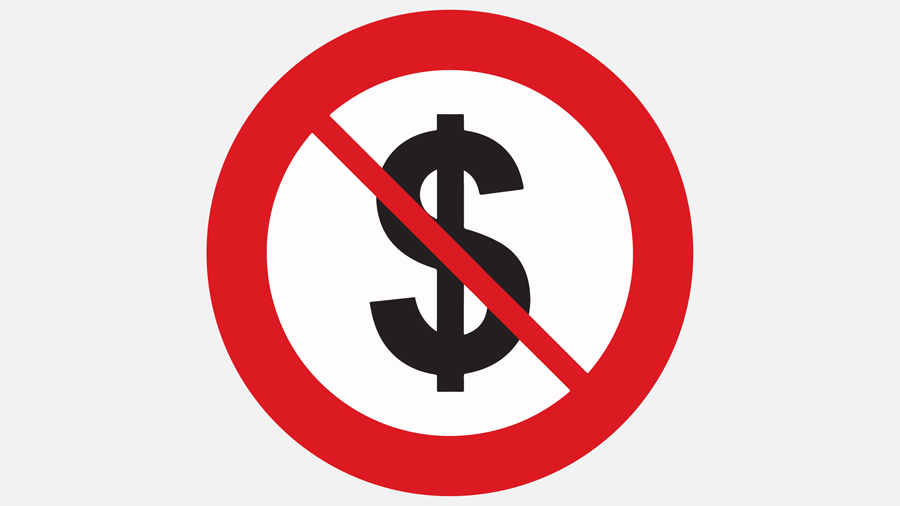Major Belt and Road Nations Increasingly Looking at Avoiding the US Dollar
Op/Ed by Chris Devonshire-Ellis

China, Russia, India, Turkey, and Iran – all major economic powers in their own right – are increasingly looking at establishing alternative trading mechanisms and avoid using dollars. This is partially due to the manner in which the United States is now monitoring all US dollar denominated transactions, but also as a means to get around sanctions placed on various countries to discourage trade.
Examples include Russia, who is negotiating trade with Turkey in rubles and lira. Russian Trade and Industry Deputy Minister Alexei Gruzdev has said that the use of local currencies in trade between the two countries is necessary. “Russia welcomes initiatives for the use of national currencies in trade with Turkey,” Gruzdev noted, adding that Turkish and Russian institutions and companies have intensified initiatives to increase trade with rubles and lira.
Increasingly trade denominated in non-US dollars is seen as protection against sanctions. Gruzdev noted that “Turkey and Russia can protect their firms and become independent from the actions of third countries by using national currencies in bilateral trade.” The Turkish lira has plummeted in recent months and has become the world’s worst performing currency in 2018, losing 44 percent of its value, partially due to problems in its relationship with the United States. A similar situation affects the ruble.
India is currently discussing with Iran, another sanctions hit nation, and may revert to paying Iran in rupees for the oil it buys from its third largest supplier as US sanctions have blocked the use of US dollars to settle such trades. Iran also purchases a significant amount of agricultural produce from India; again this trade is expected to be concluded in Indian rupees. Countries are increasingly looking at using currently smaller banks to conduct such trade, and in the Iran-India example, UCO Bank and IDBI Bank have been identified to route the payment as the two have no exposure to the US financial system. The establishment and growth of such banks can be expected to develop and could even become a trend as analysts try and find ways out of US dollar dominance in trade and Washington’s willingness to use of the currency as a trade weapon.
China, too, has long been an advocate of loosening the reliance on the US dollar, and has been actively pushing for global use of the RMB as an alternative currency.
The effect of sanctions and the subsequent rise of the US dollar against these currencies this year can be seen as follows:
| US$ currency pairing | January 2018 (U$1) | November 2018 |
|---|---|---|
| Chinese RMB Yuan | 6.49 | 6.96 |
| Indian rupee | 63.46 | 72.86 |
| Iranian rial | 35,207 | 42,105 |
| Russian ruble | 57.56 | 67.93 |
| Turkish lira | 3.74 | 5.47 |
Indeed, even the EU seems to be getting nervous about their exposure to the US dollar, with French President Macron saying in an interview with CNN that European corporations and entities are too dependent upon the US currency. “This is an issue of sovereignty for me. So that’s why I want us to work very closely with our financial institutions, at the European levels and with all the partners, in order to build a capacity to be less dependent from the dollar,” Macron said.
While the United States continues to push for sanctions in trade and use of the US dollar strength to disrupt local economies, the longer term impact will be a gradual de-coupling of these currencies from US dollar trade. This is already well recognized by Russia and China, and can be expected to filter through to other economies throughout Eurasia as well. The question I posed last month – which currencies will be used along the Belt and Road – appears to be one that we will be hearing much more about over the coming twelve months.
About Us
Silk Road Briefing is produced by Dezan Shira & Associates. Chris Devonshire-Ellis is the practice Chairman. The firm has 26 years of China operations with offices throughout China, Asia and Europe. Please refer to our Belt & Road desk or visit our website at www.dezshira.com for further information.
 Related Reading:
Related Reading:
![]() BRICS Coin Cryptocurrency on the Agenda
BRICS Coin Cryptocurrency on the Agenda
![]() China and Russia’s Strategy to End US Dollar Trade Dominance
China and Russia’s Strategy to End US Dollar Trade Dominance
![]() Devaluation of USD Predicted as China & Russia Buy Up Gold Reserves
Devaluation of USD Predicted as China & Russia Buy Up Gold Reserves





